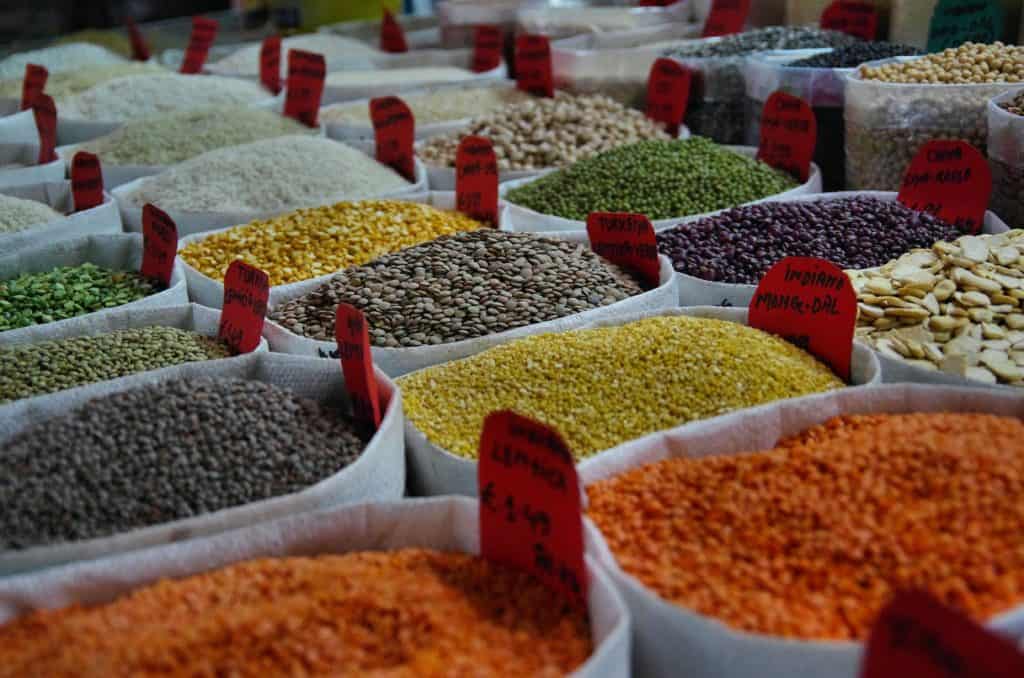How will conflict in Mozambique affect India’s fuel, energy, maritime, and food security?

When the COVID-19 pandemic dawned upon us, we started making notes of the number of deaths that the virus had caused and claimed it to be deadly. However, what is surprising here is the fact that regardless of how deadly the virus is, it has claimed much fewer lives than murders, violence, brutalities or terrorist attacks usually do in a year in the world. So, if you think of it, the world has been facing a pandemic for a long, long time, the only difference, however, is the fact that the enemy here was not a fellow human for a surprise. The recent terrorist attack on Palma in Mozambique’s northern province of Cabo Delgado is a mere iteration of the fact that not much has changed.
What happened?
The March 24 attack on Palma in Mozambique’s northern province of Cabo Delgado might be a new addition to the series but definitely wasn’t a surprise. It is because this country in the south of Africa has been facing the growing spectre of Islamic terrorism back since 2017. While a number of African countries have had been on terrorist grounds over the past few years, Mozambique’s situation has been egregious with estimates suggesting more than 2000 death and about 355,000 forced displacements from the northern portion of the said country. The recent attack witnessed perilous violence and about fourteen thousand displacements, 44 per cent of whom are children, resulting in terrorists taking control of the place.
How will it affect the rest of the world?
While the country of Mozambique is in utter consternation, this also has repercussion effects on the rest of the world, let’s see why.
Palma, the affected town in question, plays a key role in the world. The statement is in the context that Palma is a key town for offshore energy resources which are being developed by the global energy giants. As a result, terrorist acquisition of the place and the Mozambican government’s inability to end the insurgency have brought along conundrums for the world. Reportedly, Mercenaries from South Africa and Russia have been spotted in Mozambique and recently American advisers have been sent to train Mozambican forces. To go into deeper details to understand why Mozambique is important, for both India and the rest of the world, consider the fact that Mozambique, through its location off the Mozambique Channel, links the Indian Ocean with continental Africa. In other words, Mozambique Channel poses as a key waterway for the cape route. This is significant especially after the recent incident of the Suez Canal’s blockage that directly pointed at the importance of an alternate route passing through the Cape of Good Hope.
How is this going to impact India?
The recent development in Mozambique is even more worrisome for India, but before that, let’s discuss the relationship between the two countries to assess the weight of the impact. The eastern and southern African seaboard has always been vulnerable to threats like terrorism, maritime piracy, and drugs and arms trafficking. Coastal countries such as Somalia and Mozambique lack capacities to secure the seas and coasts for the safe passage of maritime traffic. Therefore, when Mozambique hosted both the African Union (AU) meeting in 2003 and the World Economic Forum (WEF) Summit in 2004 in Maputo, the Indian Navy was called to secure the maritime perimeter. In 2020, when Cyclone Idai struck the Southwest Indian Ocean, India delivered humanitarian assistance to the region including Mozambique. As a result, the Mozambique Channel has been a part of the Indian navy’s primary area of interest. Not only that, the maritime region around the country is supposedly crucial for the growing India-French defence partnership we’ve all been witnesses of. Along with that, the channel has also been India’s strategic outreach to Southwest Indian Ocean States like Madagascar, Comoros, The Seychelles and Mauritius.
Further, note that Mozambique holds about 100 trillion cubic feet of gas in the offshore fields, being ranked the third highest country in Africa, after Nigeria and Algeria. Now, India’s State-owned ONGC Videsh and Oil India Limited acquired a 20 per cent stake in a Rovuma gas block of Mozambique at a cost of $5 billion. The BPCL holds a 10 per cent stake in the consortium. Thus, in a consortium led by French energy giant Total, Indian companies hold a 30 per cent stake. What we’re trying to get at is the fact that following the recent attack, Total has withdrawn its staff totally. Not only that, India’s considerable private and public companies are also engaged in the coal sector of the country. Unsurprisingly, after all these facts, the instability in Mozambique is said to leave a worrisome impact on India’s economy.

Wait, the impact doesn’t end here, we have more in store to imply how India will have to face trouble due to the latest terrorist incident in Mozambique. This impact is related to India’s food security, to which Mozambique plays a crucial role. In 2016, during Prime Minister Narendra Modi’s visit to Mozambique, India signed an agreement for the production and marketing of tur (pigeon pea) to reduce the uncertainty of supply and instability in domestic prices of pulses. In 2018-19, India imported 2.52 million metric tonnes of pulses of which 228,000 tonnes were from Mozambique. Apart from Myanmar, Canada, Russia and Tanzania, Mozambique is a key partner in meeting India’s increasing demand for pulses. If the conflict in Mozambique continues, a humanitarian disaster will grip the country and the wider region will descend into instability. It is likely to influence all sectors of Mozambique’s economy and will have an impact on the exports of pulses to India as well. This makes it crucial for India to explore options and use its membership with the United Nations Security Council to propose a coordinated response to the Mozambique crisis.




